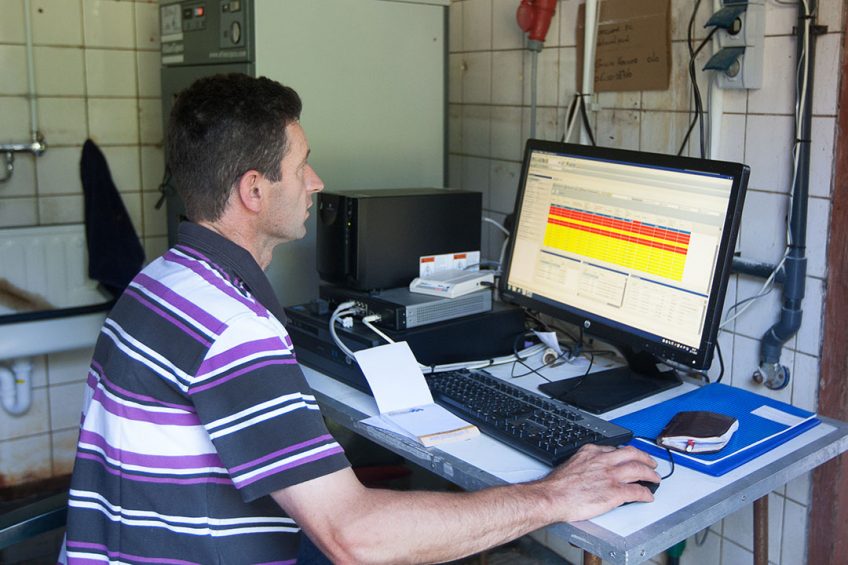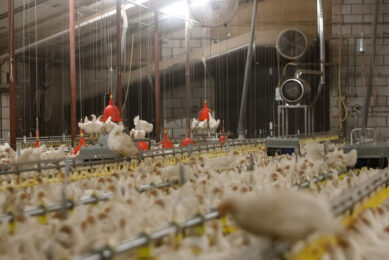Poultry farmers given advice on cyber security

Rapid adoption of digital technology across the poultry sector to optimise production processes is presenting farmers with a new challenge: ensuring their cyber security is up to scratch.
Producers are increasingly becoming reliant on sensor-driven digital infrastructure (AgriTech), which not only shows great potential, but also leads to significant cost reductions and thereby increases profits in a sector that has historically shown low profitability. Bristol University’s Cabot Institute for the Environment has highlighted that an automated poultry feeding system in recent case studies has shown feed cost reductions of between 2-5%, translating to 40-100% increase in profitability. To stay competitive, producers competing with those who have adopted such technology can do little but adapt as well.
System security
However, the research suggested that the rapid adoption of digital technology does not allow for careful consideration of cyber security systems. The research claims that until now, the UK Government has excluded the farming and food sectors from meeting legislation on the security of networks and information systems. Shortly before Christmas, however, the National Cyber Security Centre (NCSC), which works with the UK’s National Farmers’ Union, released a guide for the industry. The NCSC said it was becoming increasingly more important for (NFU) farmers and rural communities to take their growing exposure to cyber risks into consideration.
 Lack of commercialisation of technologies in layers
Lack of commercialisation of technologies in layers
Several technologies exist which could play a significant role in improving layer productivity but they are being hampered by a lack of commercialisation of systems and evidence of their practical benefits.
Sarah Lyons, NCSS deputy director economy and social engagement, said the guide aimed to make the issue less daunting for farmers: “Whilst we cannot guarantee protection for your business against all cybercrime threats it faces, we can increase your ability to deal with them and to be aware of who can help you.” Stuart Roberts, NFU deputy president, said there was evidence that farmers were being targeted by cyber criminals, adding it was important for producers to be aware of the risks and invest in security.
6 top tips to protect your business against cybercrime
Among the top tips highlighted in the guide are:
- Keep your devices up to date – ensure “patching” takes place on installed software on your devices.
- Back up your data – identify what data you need to back up and keep a safe backup of important files.
- Keep your devices safe – you should be able to track the location of your phone, laptop, PC, and tablet, locking them when necessary and be able to erase data remotely. You should ensure you can retrieve a backup of data stored on the device. Make sure you have password protection and use an encryption product.
- Protect your farm from malware – as well as keeping a safe backup of important files, update your operating system and make sure your antivirus product is always turned on and is up to date. Do not forget to switch on your firewall.
- Always use passwords – ensuring that you change all default passwords, choose strong passwords, have a different password for each online account if you can and consider using a password manager. Do not choose weak passwords.
- Turn on 2-factor authentication – a free security feature that provides an extra layer of protection to your online accounts.
The full guide can be found here.












